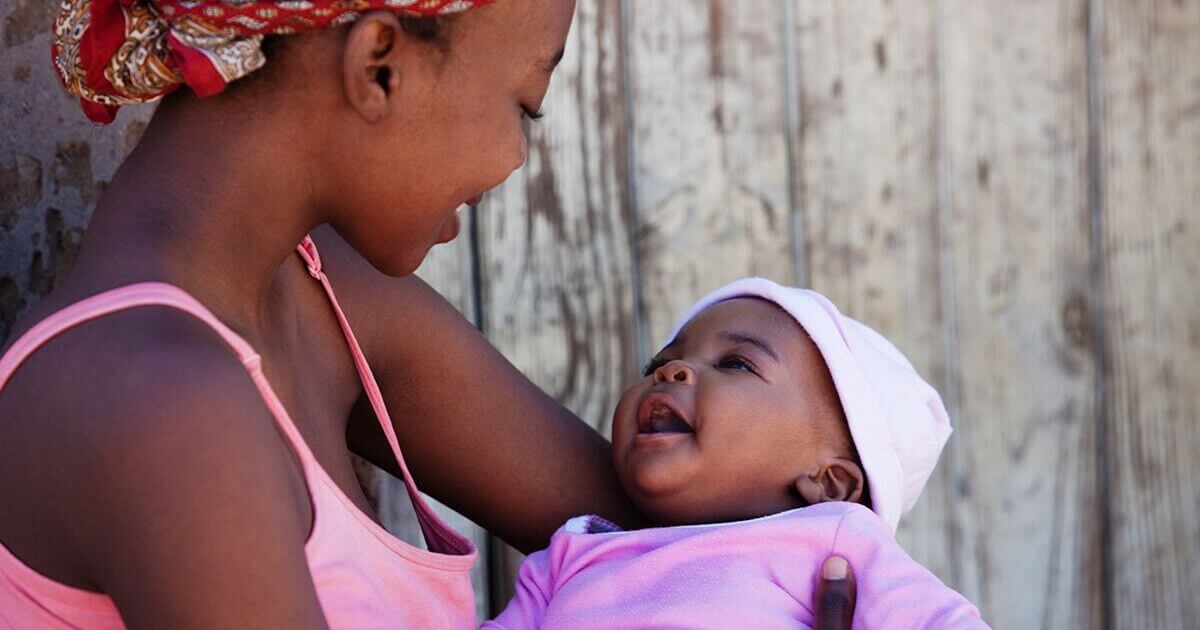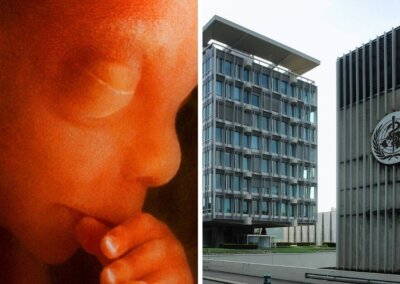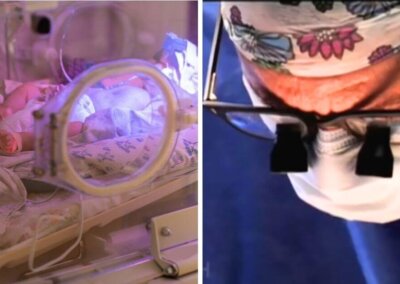A 25-year-old Tanzanian woman has given up all her time to provide 24-hour ‘kangaroo care’ to abandoned premature infants.
The life of Mariam Mwakabunga, a selfless mother-of-two and a resident of Kinyerezi in Ubungo District in Tanzania, radically changed when she visited a hospital and discovered the plight of premature babies who had been abandoned.
Mariam was visiting a friend who had given birth to premature twins at the Amana regional hospital. As she was leaving, she noticed a nurse taking care of a premature baby but the baby’s parents did not seem to be present.
When the nurse confirmed that the baby’s parents were not around, the nurse asked Mariam if she would give the baby kangaroo care. “I accepted the offer in the blink of an eye”, she said.
Backed by the World Health Organization
Kangaroo care involves skin-to-skin contact, placing the premature baby on the bare chest of a family member involved in the therapy. The baby is then covered in a blanket to create an incubator-like environment that has the right temperature and is safe and comfortable for the baby.
The kangaroo method is backed by the World Health Organization (WHO), which published a global position paper on the subject earlier this year. The paper outlines the evidence for the practice, showing significant improvement in mortality rates and development of premature babies and babies with low birth weights who are treated with this family therapy.
It also lists the benefits of the therapy for family members, as evidence shows there are also physical and mental health benefits for mothers who take part in kangaroo care.
Mother stops work to care for abandoned babies
The 25-year-old mother-of-two was called back by the nurse and provided kangaroo care for the baby until the baby weighed enough to be discharged to an orphanage. Immediately after, she was asked to care for two more premature babies who had been abandoned by their parents.
Mariam offered her services on a voluntary basis and was motivated by her desire to save the babies. She said “It is a very tiresome undertaking because you have to carry the baby with skin-to-skin contact for 24 hours even when eating … I was saving the lives of babies”.
President of Tanzania recognises mother’s selflessness
By mid-August this year, Mariam had saved three premature babies and was supporting a fourth. In recognition of her work, she was recently awarded a prize by the President of Tanzania, Samia Suluhu Hassan.
“I was overjoyed beyond explanation”, she shared in an interview. The President also directed the Ministry of Health to employ Mariam as a nurse on a permanent basis. One nursing officer at the hospital has described the young mother as an “angel”.
Mary Machemba, a nursing officer at the neonatal unit said “Kangaroo mother care is both simple and cost-effective because it does not need a machine, but just a skin-to-skin bond between mother and child to provide this little baby with the needed warmth”.
The prospects for premature babies are improving all the time
A study, ‘Mortality, In-Hospital Morbidity, Care Practices, and 2-Year Outcomes for Extremely Preterm Infants in the US, 2013-2018’, by Dr Edward F Bell of the University of Iowa, found that from 2013 to 2018, with infants born between 22 and 28 weeks gestation, “survival to discharge occurred in 78.3% and was significantly improved compared with a historical rate of 76.0% among infants born in 2008-2012”.
The study, which took place between 2013 and 2018, assessed 10,877 infants born between 22 and 28 weeks gestation in 19 academic medical centres across the US.
This means that almost four out of five extremely prematurely born babies survived and were able to be assessed at 22-26 months corrected age (22-26 months from their due date) for a number of health and functional outcomes.
Right To Life UK spokesperson, Catherine Robinson, said “The selfless example of this young woman is inspirational and helps to highlight the value of these premature babies. Her acts of kindness have saved the lives of these premature babies and remind us of the power of our actions to protect the lives of vulnerable babies”.












